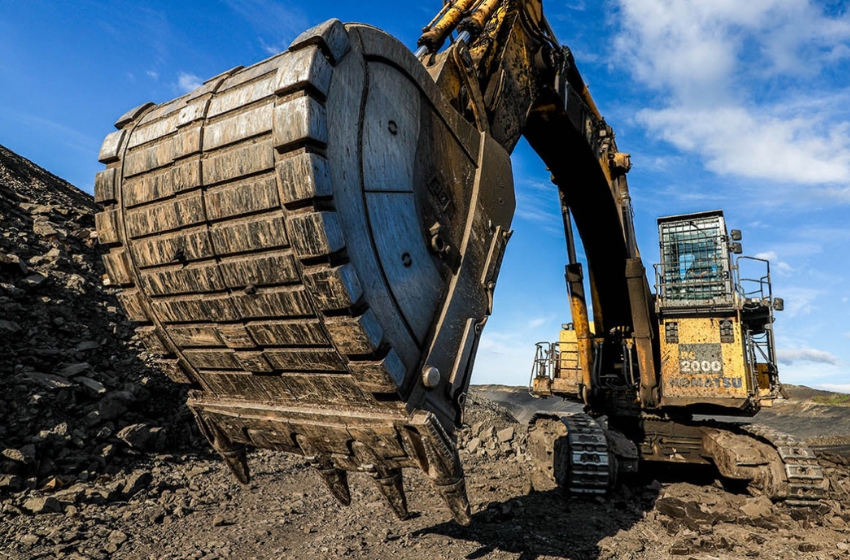Russia’s coal industry is undergoing a deep crisis, which has significantly worsened following the loss of the European market and a sharp drop in global prices.
More than 50 coal enterprises are now at risk of closure. As of early 2024, Russia had 179 coal mining operations (52 mines and 127 open-pit sites). The sector’s total losses from January to May have already reached $1.44 billion, with year-end losses projected at around $4 billion.
The main causes of the crisis are the European embargo, introduced in August 2022—which forced Russia to seek new markets for nearly a quarter of its coal exports—and the steep decline in coal prices after their 2022 peak.
Despite internal issues such as outdated infrastructure and logistical constraints, it is the loss of a key export market that has acted as the primary catalyst for the current situation. Limited capacity on Russian Railways' eastern routes—now the main direction for coal shipments—further exacerbates the problem.
The closure of mines will have major socio-economic consequences, especially for single-industry towns and coal-dependent regions like Kemerovo Oblast. Government support measures, including tax and insurance payment deferrals and debt restructuring, are unlikely to resolve the crisis.
Russia’s Ministry of Finance has preliminarily estimated the amount of support for the crisis-hit coal industry at 63 billion rubles through tax deferrals until the end of November.
The support package has already been submitted to the Russian government for consideration and is part of a broader anti-crisis program aimed at stabilizing the coal sector. The industry is currently facing major challenges due to sanctions, low global prices, difficulties with coal exports, and import duties imposed by China.






















